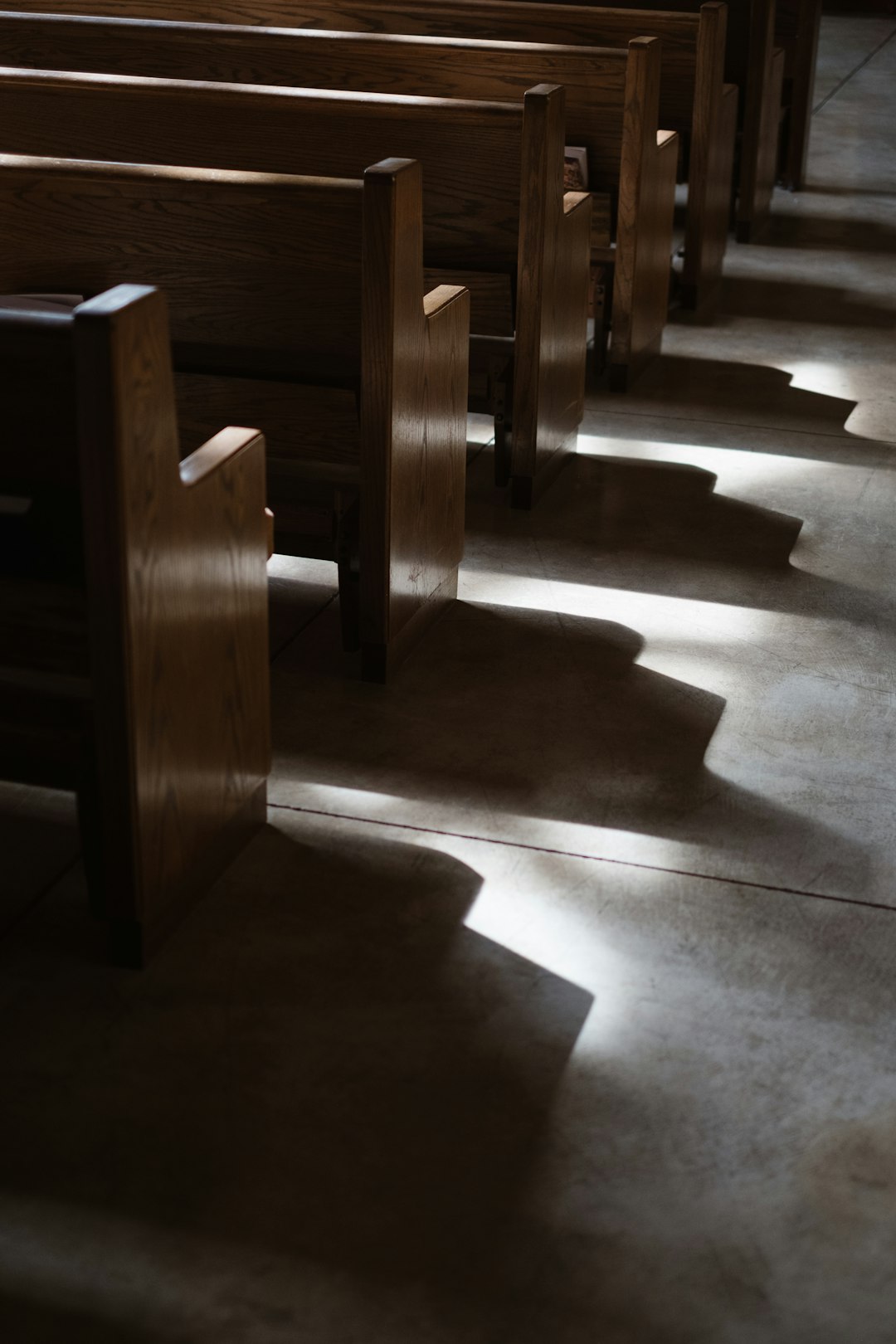We Need to Come Back to Mass Now
It's Time!

When I was teaching at a high school, a student came up to me and asked, "Why do you Catholics stand, sit, kneel, stand, sit, kneel?" As Catholics, we know that the…


When I was teaching at a high school, a student came up to me and asked, "Why do you Catholics stand, sit, kneel, stand, sit, kneel?" As Catholics, we know that the…
